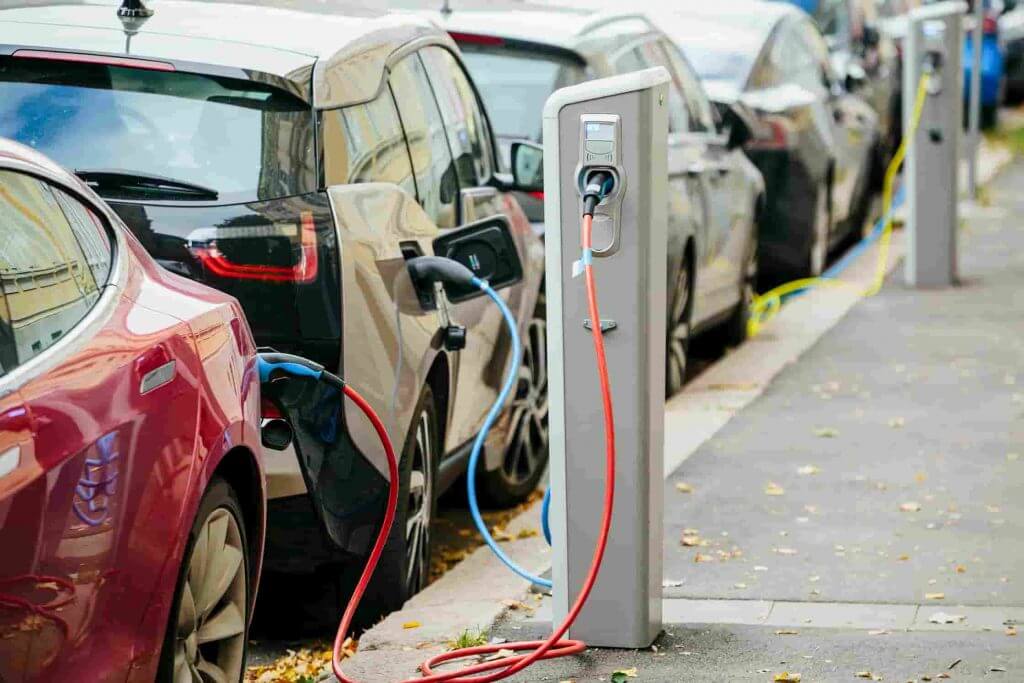The International Energy Agency (IEA) has recently released a report stating that electric car sales have witnessed a massive surge, exceeding 10 million for the first time and showing a growth rate of approximately 60% in 2022. This growth rate is significantly higher than that of the broader car market.
The IEA study further revealed that one in every seven passenger cars sold globally in 2022 was an electric vehicle, a significant rise from 2017 when only one in every 70 cars sold was an EV.

The rise in EV sales can be attributed to a combination of factors, including increased production, rising oil prices, and government policies that have provided support to the EV market. China, where one in every four cars sold in 2022 was an EV, and the European Union, with one in five, were the standout markets. The United States also recorded a substantial increase, with nearly one in ten cars purchased in 2022 being an EV.
The decline in sales of conventional cars with internal combustion engines, which fell by 25% over the last five years, may be attributed to the growing awareness of the environmental impact of gas-powered vehicles compared to electric cars, leading more people to consider purchasing an EV.

However, despite the increase in EV sales, the IEA estimates that the carbon dioxide emissions from SUVs, the most popular type of car sold, reached nearly one billion tons worldwide in 2022. This indicates that more efforts are needed to reduce emissions from the transportation sector, such as promoting the use of EVs and improving public transportation infrastructure.
Overall, car sales decreased by close to 0.5%, with the US and EU markets declining by 8% and 4%, respectively. The reasons for this decline include component shortages, rising inflation, and higher interest rates. However, passenger car sales in China increased by more than 10%.

While the increase in EV sales is a positive development, it is insufficient to address the pressing issue of global carbon dioxide emissions. Further actions are needed to promote sustainable transportation practices, such as investing in public transportation infrastructure and incentivizing EV adoption.


